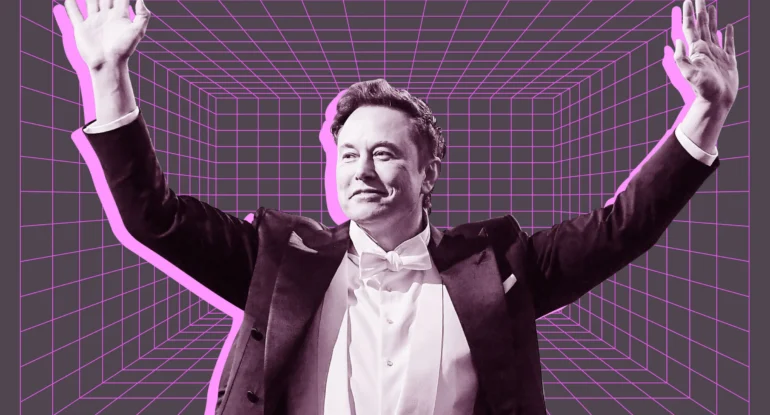JPMorgan Skeptical of Musk-Led Department of Government Efficiency

JPMorgan Questions Effectiveness of Musk-Led Department of Government Efficiency (DOGE)
JPMorgan Chase has expressed skepticism about the newly created Department of Government Efficiency (DOGE), a federal initiative led by Elon Musk and Vivek Ramaswamy under President-elect Donald Trump. The department’s mission is to reduce federal waste and streamline government operations, but JPMorgan doubts its potential effectiveness.
DOGE: A Bold Initiative with Lofty Goals
President-elect Trump announced DOGE as part of his administration’s agenda to “dismantle government bureaucracy, slash excess regulations, cut wasteful expenditures, and restructure federal agencies.” According to Trump, Musk and Ramaswamy will “pave the way” for significant reforms, targeting up to $2 trillion in reduced federal spending.
Musk, known for his leadership of Tesla and SpaceX, has been vocal about the urgency of addressing what he calls “insane government spending.” He warned that “America is currently on the brink of bankruptcy at an accelerated pace” and emphasized the need for immediate action to prevent fiscal collapse.
JPMorgan’s Concerns
Despite the ambitious vision, JPMorgan’s recent report casts doubt on DOGE’s ability to achieve its goals. The bank pointed out that Congress ultimately controls government spending, and DOGE lacks the authority to implement its recommendations without legislative approval.
“The bottom line is that Congress controls government spending, and DOGE sits outside of Congress. The department can make all the suggestions it wants, but ultimately it’s the typical 60-vote majority in Congress that makes legislative changes,” JPMorgan stated.
Challenges Ahead
DOGE faces significant political and structural hurdles in its mission to streamline federal spending. While Musk claims the department could save $2 trillion, JPMorgan noted that achieving these savings would require cooperation from Congress, where bipartisan agreement is often elusive.
As investors look toward 2025, JPMorgan highlighted uncertainty surrounding the Trump administration’s ability to fully implement its “2.0 agenda.” The report stressed that the focus should remain on which reforms gain traction and which are deprioritized.
Conclusion
While DOGE represents a bold step toward reducing federal waste, JPMorgan’s skepticism underscores the complexity of achieving meaningful government reform. The department’s success will depend not only on the leadership of Musk and Ramaswamy but also on navigating the intricate political landscape of Congress.









